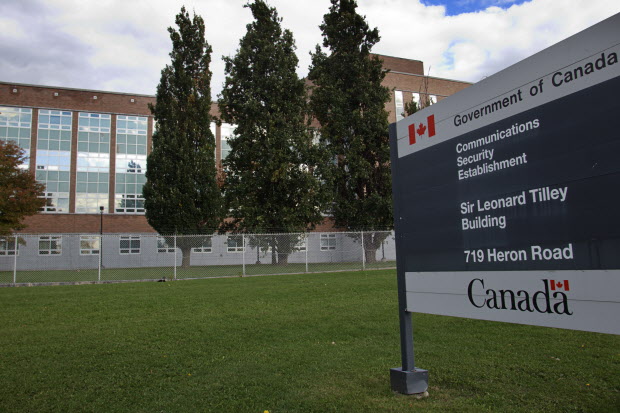In this episode, a new directive on how CSE shares intelligence with Canada’s closest allies, the new defence policy could end up costing Canada billions more and an interview with Jeffery Hutchinson, Commissioner of the Canadian Coast Guard.
Show Notes
According to a story from CBC News, the office of Defence Minister Harjit Sajjan is crafting a directive for how Canada’s electronic spy agency, that is the Communications Security Establishment (CSE) shares its foreign signals intelligence with its closest allies, the Five Eyes partners. The Five Eyes alliance is made up of Australia, Canada, New Zealand, the United Kingdom and the United States.
CSE’s commissioner first advised the defence minister to issue such a directive in 2013.
Christopher Parsons, research associate at the Citizen Lab at the Munk School of Global Affairs, said the purpose would be to authorize and draw boundaries around what is permissible when gathering and sharing data.
While there have been concerns about how the U.S. executive has treated intelligence information over the last six to eight months, Parsons said the directive may have as much to do with the current government’s review of national security issues.
“So there’s bill C-59 tabled before the summer recesses. As part of that, there is total reformation of the CSE Act. So that means the government is really looking at how things work in terms of the collection and dissemination of intelligence information at the moment,” Parsons told CBC News.
The new defence policy
The new defence policy could end up costing billions more according to an article from the Canadian Press. Why? Because it doesn’t include one big-ticket item: modernizing North America’s early warning systems.
That sets up a potentially difficult decision: to spend even more on defence than already promised, or to cut back on some of the other promises made to the military.
The current network of long-range radars used by Canada and the U.S. to monitor airborne threats was built in the Arctic in the 1980s but is quickly nearing the end of its useful life.
National Defence’s top financial officer, Claude Rochette, says the department could not account for the cost because Canada and the U.S. have not decided what they actually need.
“It’s still a discussion that needs to be done before we get guidance (from government),” Rochette told The Canadian Press in an interview.
“When we have guidance, then we will start looking at the options … then we will start looking at costing. But that is not covered in the funding.”
And for our last story, I would like to draw your attention to an Interview I did with Jeffery Hutchinson, Commissioner of the Canadian Coast Guard. This was published in the June/July Vanguard print edition. Now, we have the full interview on our website. Be sure to check it out.
In this interview, I asked the Commissioner, his assessment of his new position, what is the focus and vision for the Canadian Coast Guard under his leadership, top challenges, fleet depletion and what is being done, his pressing needs in procurement. If you haven’t looked at this yet, please head on over to VangaurdCanada.com and you will see the article on our home page or https://vanguardcanada.com//2017/08/29/interview-with-jeffery-hutchinson-commissioner-of-the-canadian-coast-guard/.
